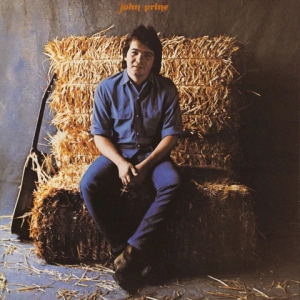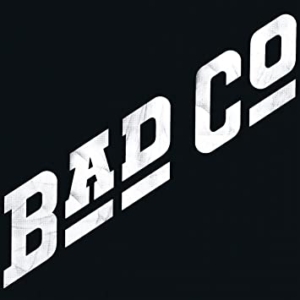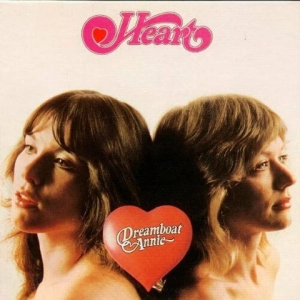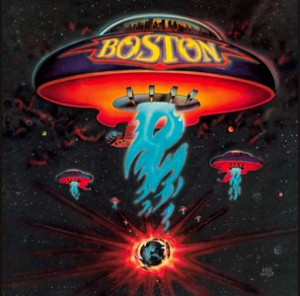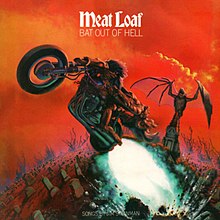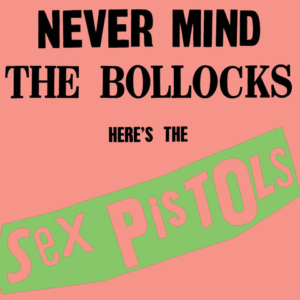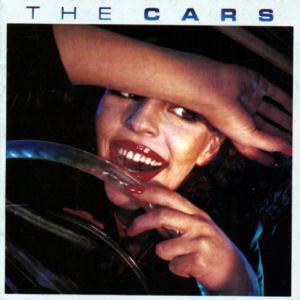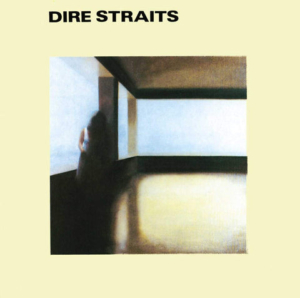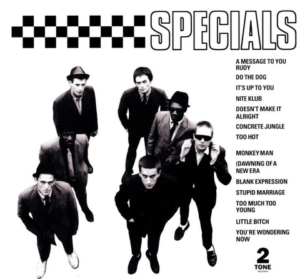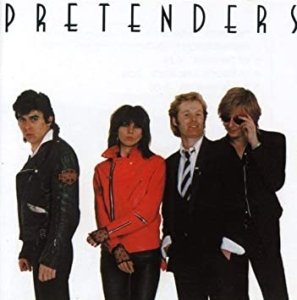Ten Best Rock Debuts of the ’70s
A couple of months back I shared my ten favorite rock debuts of the sixties. This month I take a look at the best debuts from the seventies, listed in order of release date.
John Prine — John Prine (October 1971)
John Prine’s staggeringly impressive debut still reverberates through the folk, Americana and singer-songwriter genres. Like many before and after, Prine was anointed the “next Dylan,” but where that artist focused on politics (interpersonal and otherwise), the former mailman from Chicago sang about ordinary people with an insight and humor unmatched by his peers. In just a few lines, Prine could pull back the curtains and reveal the struggles of PTSD and addiction (“Sam Stone”), the loneliness of aging (“Hello In There”) or the quiet desperation of unhappy companionship (“Angel From Montgomery,” “Donald and Lydia”). In a lengthy career with many great records, Prine’s debut stands out as his best work.
Bad Company — Bad Company (June 1974)
This British supergroup included members of Free (Paul Rodgers, Simon Kirke), Mott the Hoople (Mick Ralphs) and King Crimson (Boz Burrell). They launched with an album that borrowed Led Zeppelin’s hard-rock heaviness without any of that group’s acoustic or psychedelic tendencies. Bad Company stormed the charts right before stadium rock started to lose its luster. The eponymous title track, “Can’t Get Enough” and ”Ready For Love” (first performed in a less bluesy, glammier rendition song by Mott the Hoople) launched a hard rock sound that hair bands used in the eighties for maximum success (albeit with less blues and more hair).
Heart — Dreamboat Annie (September 1975)
Female belters like Grace Slick and Janis Joplin were the exception in the sixties, not the rule, and were greatly overshadowed by their male counterparts. Seattle’s Heart, led by sisters Nancy Wilson on vocals and Ann Wilson on guitar, was one of the first rock groups anchored around two powerful feminine presences. From the first notes of first single “Magic Man” to the even bigger hit “Crazy On You” that followed, Heart featured the impassioned wailing that Robert Plant was famous for without the sex-crazed, misogynostic lyrics. As female rockers have become more common and mainstream in the ensuing decades, Heart’s influence has become increasingly apparent.
Boston — Boston (August 1976)
MIT-educated musical genius/inventor Tom Scholz created the striking sound of a million guitars screaming using a device he later trademarked as the “Rockman” in his basement and then shopped the demos for years without success before signing with Epic. Lead singer Brad Delp’s wailing vocals complemented Scholz’s songs, and together they created classic rock that made Boston the best-selling debut up to that time. Scholz and Delp added members to the group so they could tour when the album exploded. Boston’s success was relatively short-lived with a steep drop-off, but the undeniably irresistible “More Than a Feeling” became a rock staple that resonates generations later and has been sampled heavily in TV, films and videogames.
Meat Loaf — Bat Out of Hell (October 1977)
Composer Jim Steinman (who just died at 73) wrote a rock opera about teen angst and found the perfect voice in Meat Loaf, the ursine actor best known up to that point for playing Eddie in The Rocky Horror Picture Show. Famed producer (and artist in his own right) Todd Rundgren polished the sound to a radio-ready sheen, and the end result has sold more than 50 million copies to date. Bat Out of Hell perfectly captured youthful alienation (the title track), ennui (“All Dressed Up With No Place to Go”) and love (“Two Out of Three Ain’t Bad”). The backseat lust described in the epic “Paradise By The Dashboard Light” spotlighted great vocals by Ellen Foley that were lip-synched to powerful effect by Karla DeVito in the song’s popular video, which screened at midnight showings of The Rocky Horror Picture Show before MTV. Bat Out of Hell perfectly captured the catharsis of being a teenager in the seventies.
The Sex Pistols — Never Mind The Bollocks (October 1977)
Johnny Rotten and his bandmates only made this single studio record, but its power and rebellion made it the most influential record since the Velvet Underground’s 1967 debut. The Sex Pistols took the raw power of The Who and The Ramones and added British vitriol and accentuated anti-establishmentism. Producer/manager Malcolm McLaren added the punk fashion sense of piercings and torn clothing to a sensibility that aggressively disavowed everything that had preceded it, and the end result was the Angry Young Man updated for restless youth. The disaffection with convention was a feature, not a bug, and its seeds led to the flowering of punk, post-punk and new wave. Rock’s excess of the late sixties and early seventies sounded self-indulgent and inappropriate after Never Mind The Bollocks.
The Cars — The Cars (June 1978)
Cars leader Ric Ocasek tinkered with Roxy Music’s formula and took over the airwaves. The Cars retained Roxy Music’s innuendo-laden female imagery for their album covers but added bubblegum pop and Ben Orr’s rich vocals to what became a greatest hits record. The Cars spawned three hit singles (“Just What I Needed,” “My Best Friend’s Girl” and “Good Times Roll”) and three FM staples (“You’re All I’ve Got Tonight,” “Bye Bye Love” and “Moving on Stereo”). This LP was literally inescapable in the summer of 1978.
Dire Straits — Dire Straits (October 1978)
Dire Straits’ debut stood out from the punk and new wave of the late seventies like a sore thumb. While three-minute heroes raged all around them, leader Mark Knopfler created Dylanesque pub-rock that sounded entirely out of step; maybe that’s why their debut was so popular. “Sultans of Swing” was unique and infectious, and Dire Straits focused more on advancing rock and roots music than on displaying any fashion sense or raging at the over-30 crowd. Knopfler and bandmates later grew to stadium-level popularity and became one of the biggest acts of the eighties with Brothers in Arms, their fifth album.
The Specials — The Specials (October 1979)
Britain’s 2 Tone movement revived the rock steady sounds of Jamaican ska with a multi-racial, frenetic energy and made a joyful noise that was still deeply cynical about the state of politics and multiculturalism in England. Produced by Elvis Costello, the first Specials record was too anglicized for the US market; labelmates The English Beat and Madness had greater success on this side of the pond with the same sound, but this record has aged far better. Forty plus years later, The Specials are the torch bearers for British ska and their music is sampled and commercialized more than ever.
The Pretenders — Pretenders (December 1979)
Heart opened the door for female rockers in 1975. Chrissie Hynde ripped the door off the hinges and added a feminist perspective to punk and new wave. The Ohio-bred Hynde spent the seventies in London as a rock writer and had a front row seat for the explosion of punk. Pretenders featured an impressive blend, from the punk fury of “Precious” and “Tattooed Love Boys” to the lush pop of “Kid” and “Lovers of Today.” The brashness of “Brass in Pocket” announced Hynde’s entry into the rock pantheon with authority, won over listeners and made her an overnight star. (Geek note: Pretenders came out in December 1979 in the UK and January 1980 in the USA).

